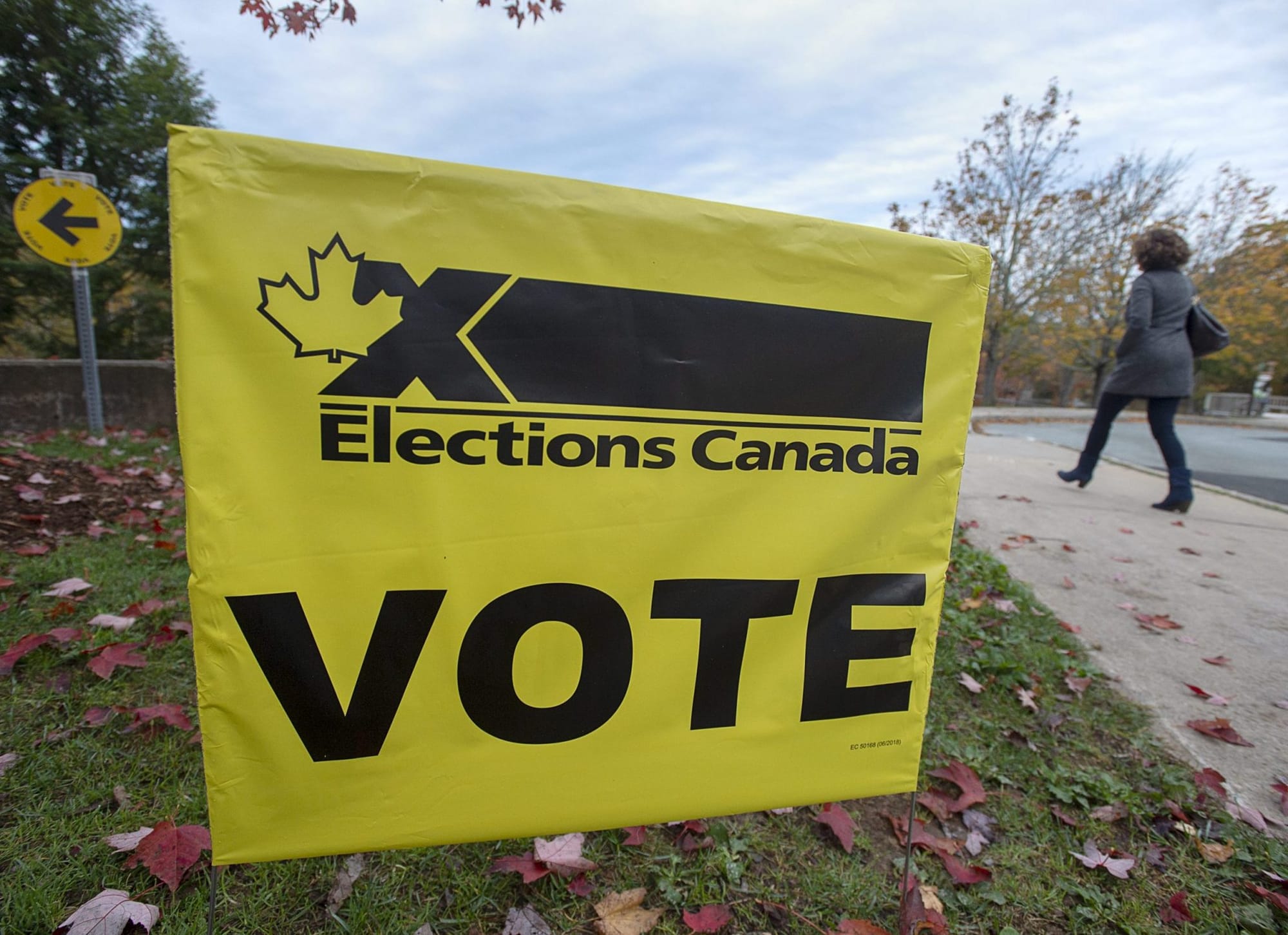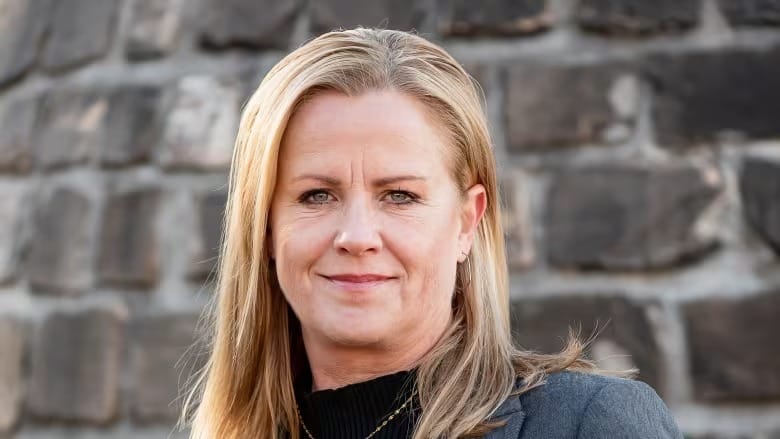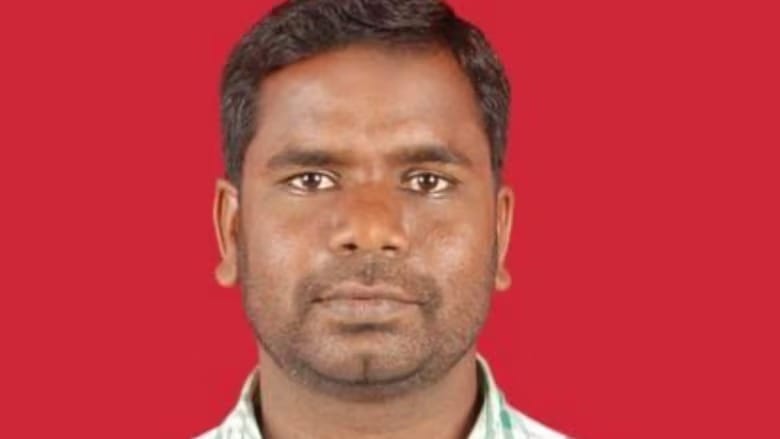Top electoral officer of Manitoba urges laws to combat misinformation
In an interview, Verma acknowledged the challenge of balancing freedom of expression with the need for protections against deliberate misinformation.

Manitoba’s chief electoral officer, Shipra Verma, is advocating for stronger legal measures to combat disinformation surrounding provincial elections, particularly regarding false information about election officials and electronic vote-counting machines.
In her annual report for Elections Manitoba, Verma emphasized that the intentional spread of misleading information poses a serious threat to democracy by undermining public trust in the electoral process and hindering voters’ ability to engage in political activities.
Verma noted that false information can rapidly escalate through digital platforms, becoming misinformation shared by individuals who may not be aware of its inaccuracy.
Current provisions in the provincial Elections Act prohibit disseminating false information about candidates and impersonating election officials, with penalties that can include fines of up to $10,000 or a year in jail.
However, Verma is urging for an expansion of these laws to explicitly ban the spread of objectively false information about election officials, the electoral process, and the equipment used in elections during the pre-election period.
Examples of such misinformation could include false claims regarding election officials committing offenses or misleading statements about the tools used to conduct elections.
Verma's report also suggests banning false information related to voter eligibility and registration processes, as well as any forgeries that inaccurately represent candidates, election officials, or political parties.
In an interview, Verma acknowledged the challenge of balancing freedom of expression with the need for protections against deliberate misinformation.
She highlighted concerns about the potential use of artificial intelligence to create “deep fake” videos impersonating politicians, which could further complicate the electoral landscape.
The report was submitted to the legislature on Monday, but there has been no immediate response from the government regarding Verma's recommendations.
The issue of electoral misinformation has gained prominence, especially in the wake of recent controversies in the United States, where unfounded claims of electoral misconduct have resulted in numerous legal battles and significant repercussions for individuals involved in spreading false information.





